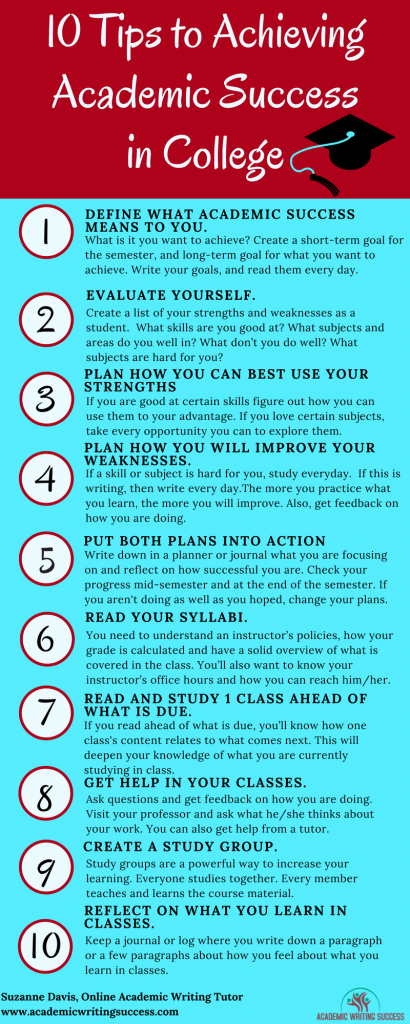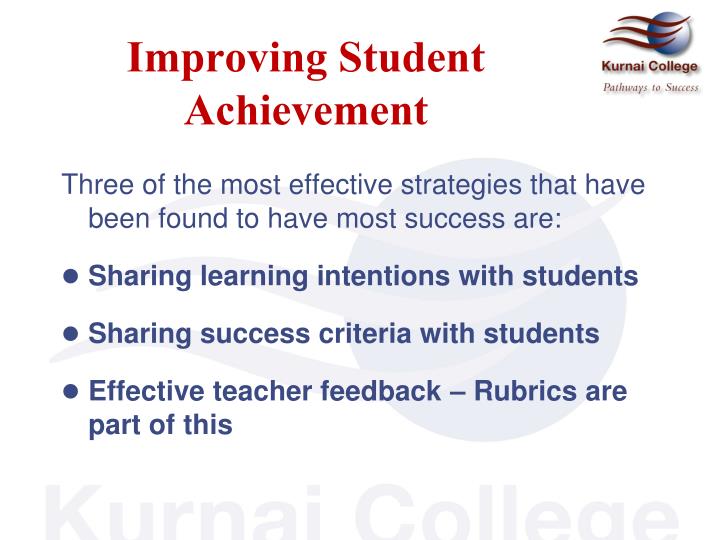10+ Jd Vance Tips To Improve Academic Success

Academic success is a multifaceted concept that encompasses not only achieving high grades but also developing a deep understanding of the subject matter, cultivating critical thinking skills, and fostering a lifelong love for learning. J.D. Vance, the author of the bestselling memoir "Hillbilly Elegy," has spoken extensively about the importance of education in overcoming adversity and achieving success. Drawing from his experiences and insights, this article will provide 10+ tips to improve academic success, with a focus on practical strategies, evidence-based practices, and nuanced perspectives.
Key Points
- Develop a growth mindset to overcome self-doubt and perseverance
- Set clear, achievable goals and create a schedule to stay organized
- Seek help when needed, and don't be afraid to ask questions
- Practice active learning techniques, such as summarizing and self-quizzing
- Cultivate a love for reading and learning, and explore topics beyond the curriculum
- Develop effective time management skills, and learn to prioritize tasks
- Stay motivated by tracking progress, celebrating small wins, and finding a study community
- Take care of physical and mental health, and prioritize self-care
- Seek out mentors and role models who can provide guidance and support
- Stay curious, and be open to new ideas and perspectives
Developing a Growth Mindset

A growth mindset is essential for academic success, as it allows individuals to view challenges as opportunities for growth and development. According to Carol Dweck, a renowned psychologist, a growth mindset can be developed by embracing challenges, persisting in the face of obstacles, and learning from criticism. J.D. Vance’s story is a testament to the power of a growth mindset, as he overcame significant adversity to achieve academic success. By adopting a growth mindset, individuals can overcome self-doubt, build resilience, and develop a love for learning that extends beyond the classroom.
Setting Clear Goals and Creating a Schedule
Setting clear, achievable goals is critical for academic success, as it provides direction, focus, and motivation. According to a study published in the Journal of Educational Psychology, students who set specific, challenging goals tend to perform better academically than those who do not. J.D. Vance has spoken about the importance of setting goals and creating a schedule to stay organized. By breaking down larger goals into smaller, manageable tasks, individuals can create a sense of accomplishment and momentum, which can help to build motivation and confidence.
| Goal-Setting Strategies | Benefits |
|---|---|
| Set specific, challenging goals | Increases motivation and focus |
| Break down larger goals into smaller tasks | Creates a sense of accomplishment and momentum |
| Create a schedule and stick to it | Helps to stay organized and manage time effectively |

Seeking Help and Practicing Active Learning

Seeking help when needed is crucial for academic success, as it allows individuals to address knowledge gaps and clarify concepts. According to a study published in the Journal of College Student Retention, students who seek help from instructors or tutors tend to perform better academically than those who do not. J.D. Vance has spoken about the importance of seeking help and practicing active learning techniques, such as summarizing and self-quizzing. By engaging with the material in a meaningful way, individuals can develop a deeper understanding of the subject matter and improve retention.
Cultivating a Love for Reading and Learning
Cultivating a love for reading and learning is essential for academic success, as it provides a foundation for lifelong learning and personal growth. According to a study published in the Journal of Educational Psychology, students who enjoy reading tend to perform better academically than those who do not. J.D. Vance has spoken about the importance of reading widely and exploring topics beyond the curriculum. By developing a love for reading and learning, individuals can broaden their perspectives, develop critical thinking skills, and stay motivated.
How can I develop a love for reading and learning?
+Developing a love for reading and learning requires exposure to a wide range of topics and genres. Start by reading books and articles that interest you, and explore topics beyond the curriculum. Join a book club or discussion group to stay motivated and engaged.
How can I stay motivated and focused?
+Staying motivated and focused requires setting clear goals, creating a schedule, and tracking progress. Break down larger goals into smaller tasks, and celebrate small wins along the way. Find a study community or accountability partner to stay motivated and engaged.
How can I prioritize self-care and manage stress?
+Prioritizing self-care and managing stress requires making time for activities that promote relaxation and well-being. Engage in regular exercise, practice mindfulness or meditation, and get enough sleep. Make time for hobbies and interests outside of academics, and seek help when needed.
In conclusion, academic success requires a combination of practical strategies, evidence-based practices, and nuanced perspectives. By developing a growth mindset, setting clear goals, seeking help, practicing active learning, and cultivating a love for reading and learning, individuals can overcome obstacles and achieve their full potential. Remember to prioritize self-care, manage stress, and stay motivated, and always be open to new ideas and perspectives. With persistence, dedication, and the right mindset, anyone can achieve academic success and unlock their full potential.



